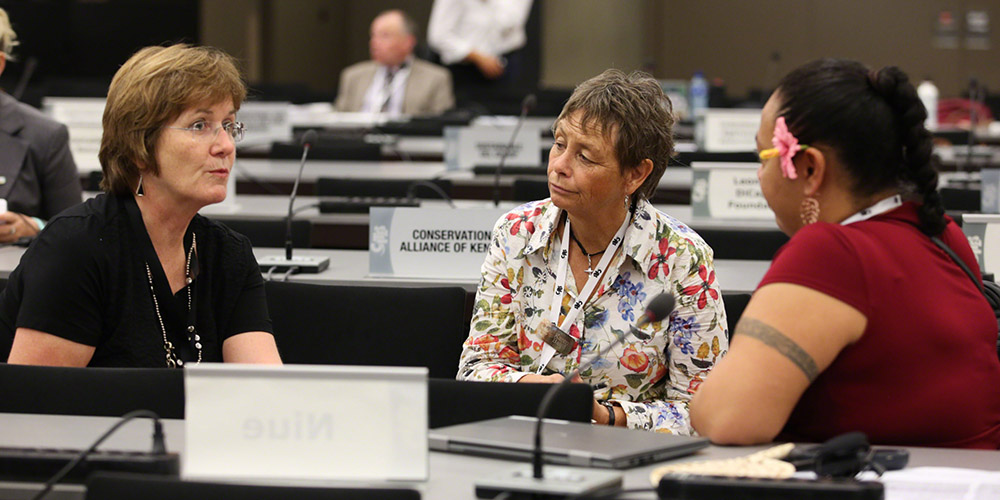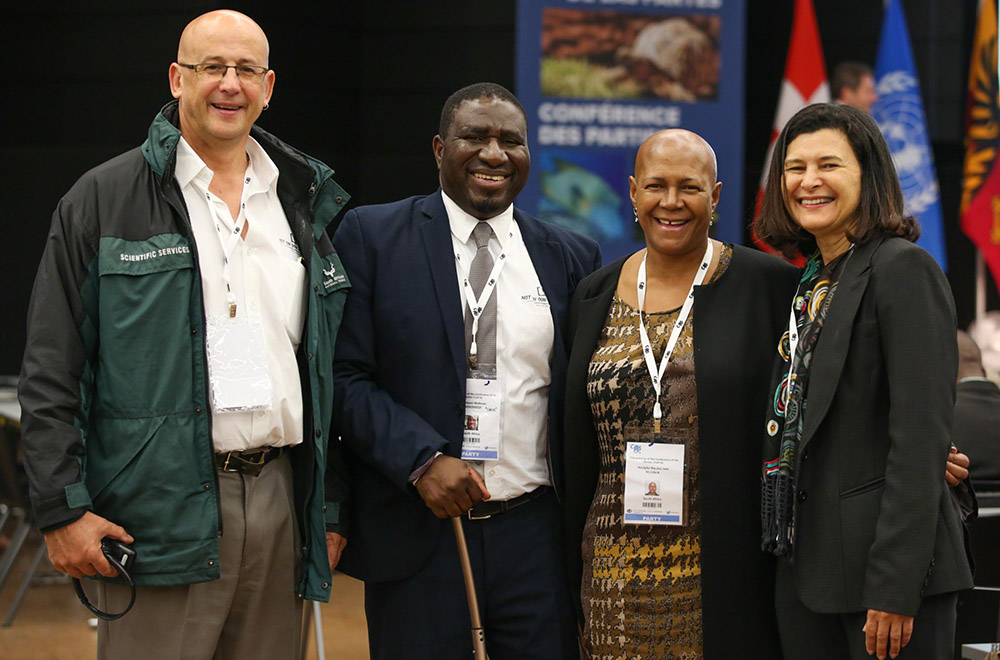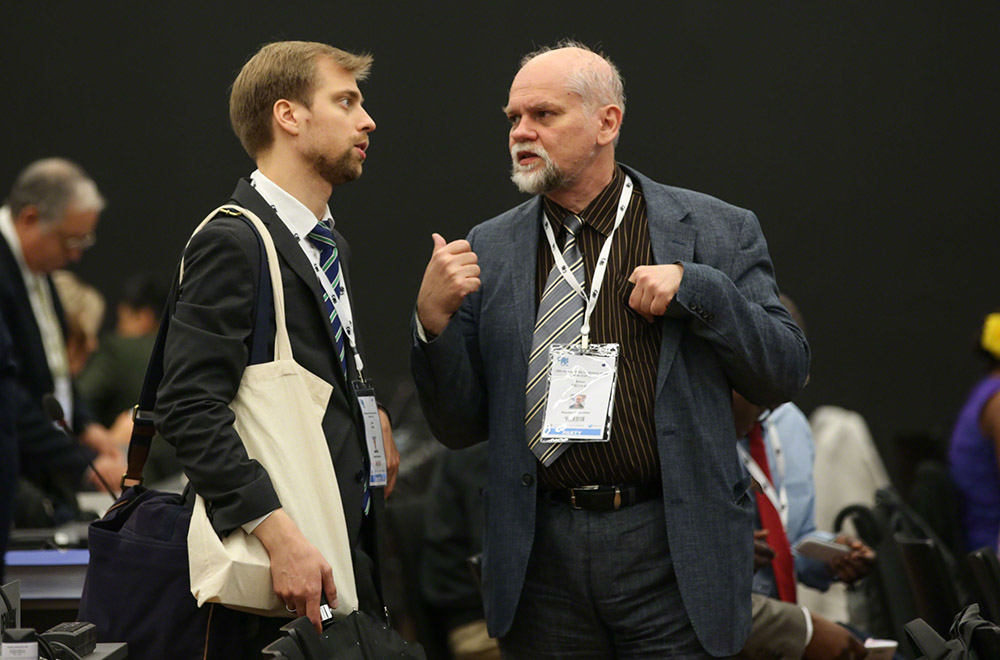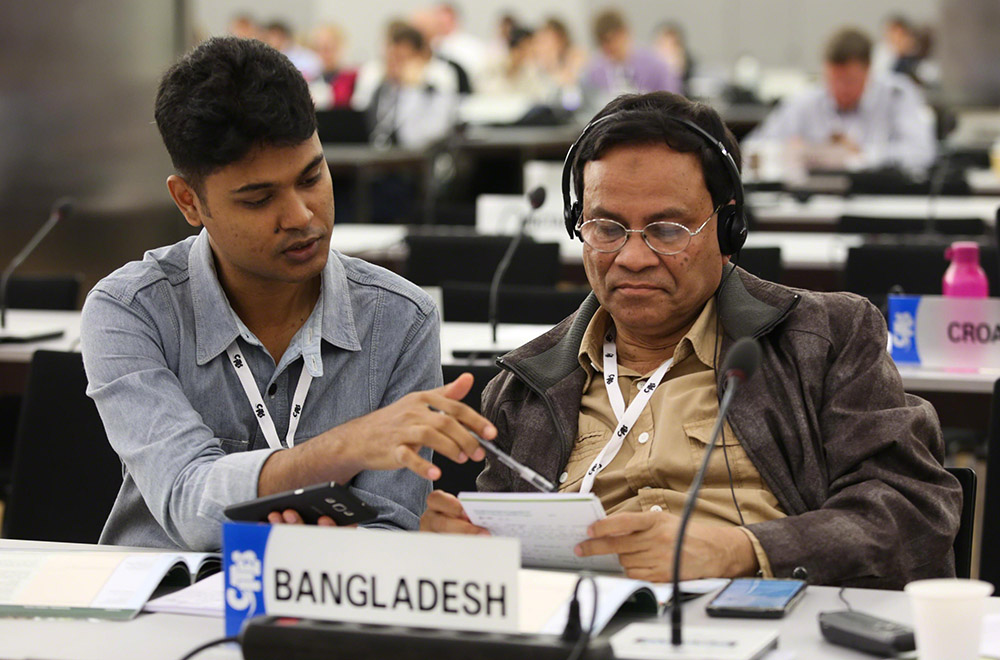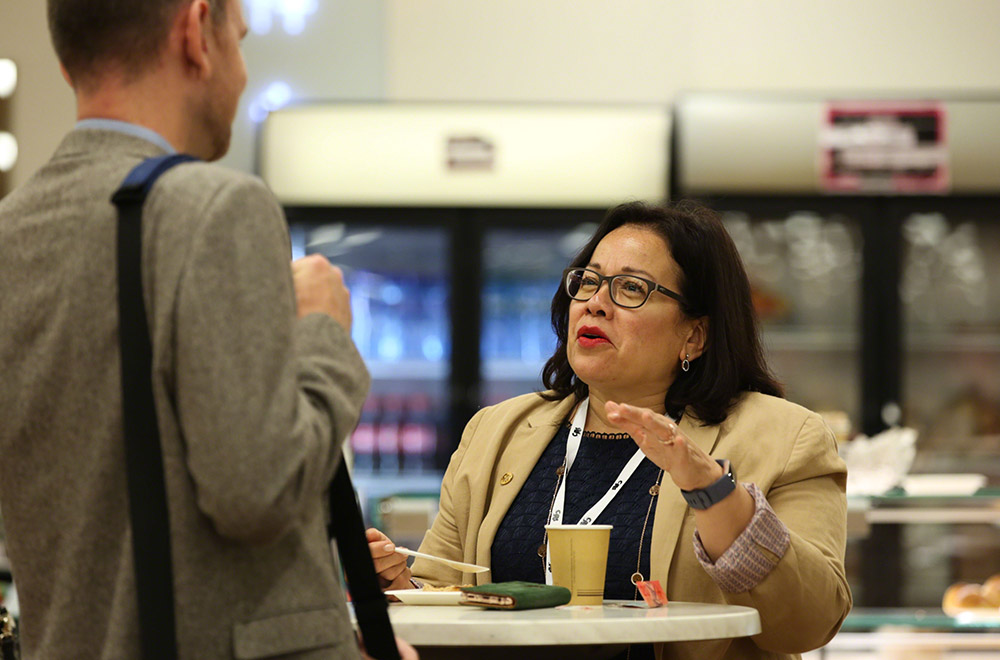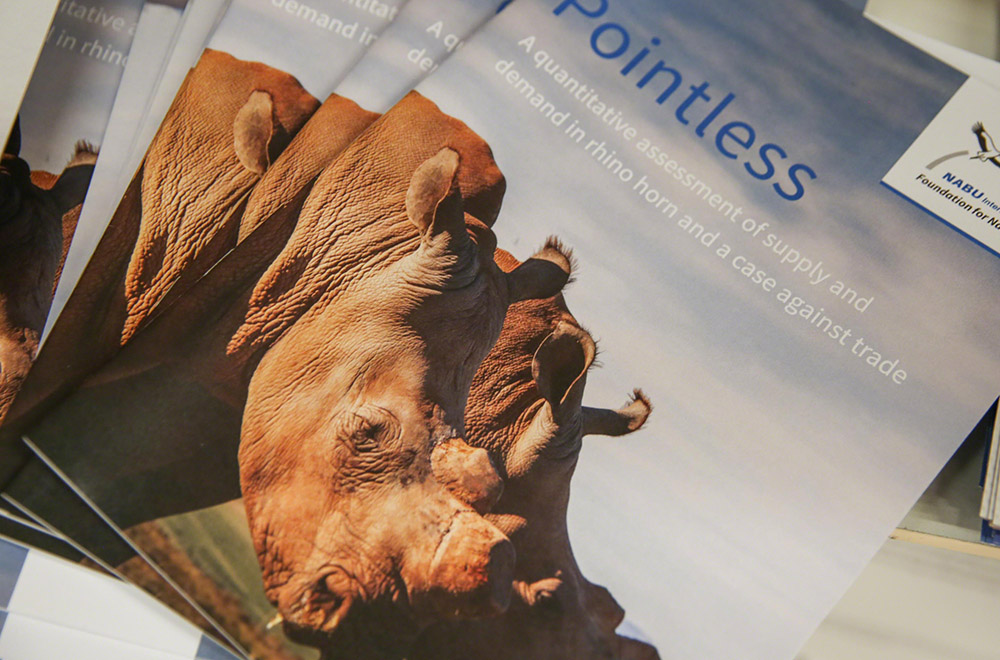Summary
Highlights for Tuesday, 20 August 2019

Committee II did not get their requested disco ball but managed to rock and roll through the items assigned to its agenda. Many parties reaffirmed the importance of demand reduction in combating illegal wildlife trade. With livelihoods and rural communities gaining greater attention within CITES, Committee II accepted the potential focus on livelihoods of indigenous peoples and rural and local communities in a future World Wildlife Day.The Committee also expressed support for youth engagement in CITES, with many parties sharing their own experiences.On guidance for making legal acquisition findings, parties recognized that non-binding guiding principles in the draft resolution would be an important resource for management authorities, while others appreciated that the resolution clearly identifies tasks for importing states.In Committee I, there was talk about the importance of “singing for love," as delegates addressed the plight of songbirds. The US highlighted the declining numbers of songbirds due to multiple threats. She mentioned the illegal trade for singing competitions and gave an example of a recent seizure of songbirds in the US bound for such competitions. Therefore, she said, a further study on the trade and conservation status of songbirds was needed, though many species are not currently CITES-listed. She thus encouraged parties to consider Appendix III listings. Benin, with Senegal and Ukraine, expressed strong support of the songbird document and its proposed workshop. Bird Life International echoed this support, stating that proactive work has been done for other non-CITES listed species in the past which can help inform conservation management. Bird Life International added that action should not be delayed where species status is already known. Chair Rod Hay struck a working group, chaired by the EU, to review and revise draft decisions proposed by the US.On great apes, many highlighted the serious threats facing populations, including from the trade in exotic pets that are advertised openly online. The Committee established a drafting group, chaired by the US, to review reporting obligations on great apes to the Standing Committee and Conference of Parties.Malaysia requested all parties to adopt legislation and controls to eliminate poaching of helmeted hornbill and trade in parts, calling on consumer states especially to monitor markets and take enforcement action as needed. Committee I established a working group to review the proposed amendments.On African cherry, Plants Committee Chair Sinclair stated that specific funding has not been secured for a proposed workshop but that the work could be incorporated into a regional meeting in Africa. The EU, as a main importer of African cherry bark, stated his support of this document and the continued work on data collection for more sustainable management of the species. Committee I agreed to the document with minor amendments.Committee I continued meeting into the evening, where it began to cover species listing proposals based on periodic review.
IISD Reporting Services, through its ENB Meeting Coverage, provided daily web coverage and a summary and analysis report from CITES CoP18.
Photos by IISD/ENB | Kiara Worth
For photo reprint permissions, please follow instructions at our Attribution Regulations for Meeting Photo Usage Page.
Committee I: Species-Specific Matters
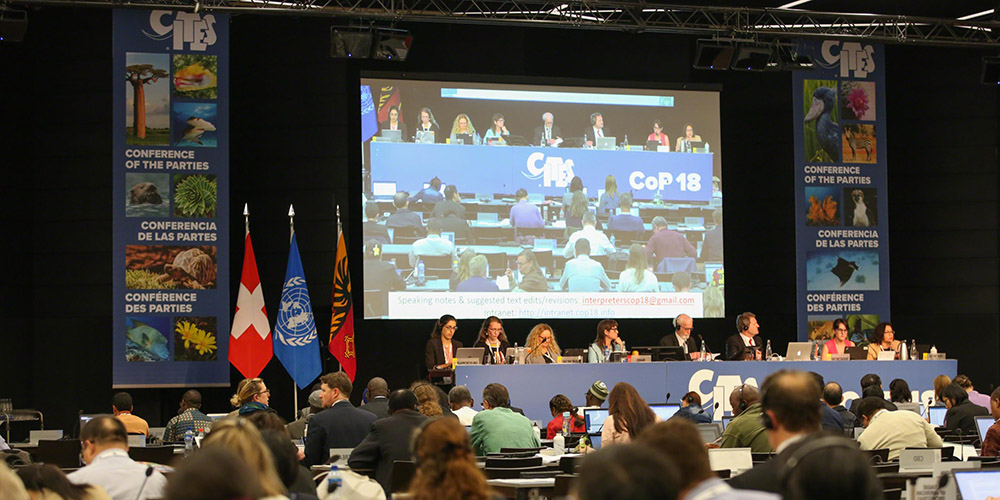
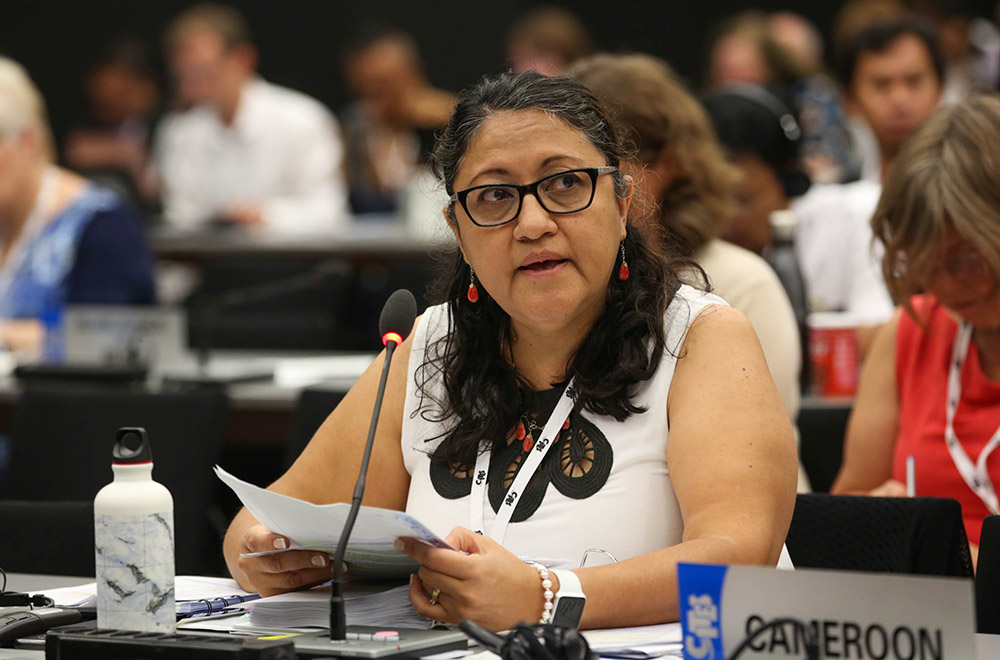

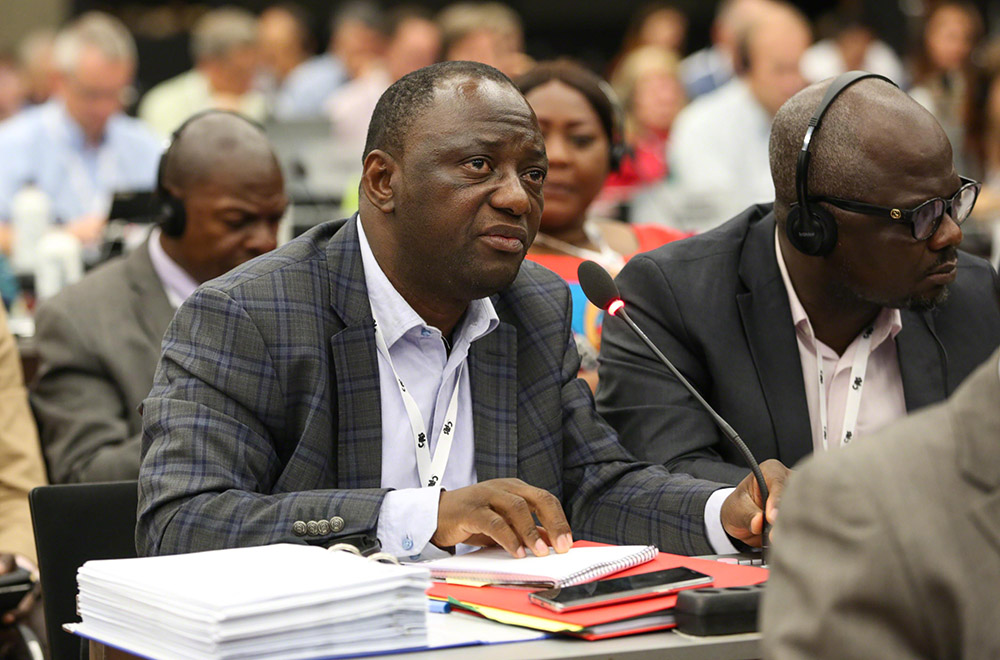
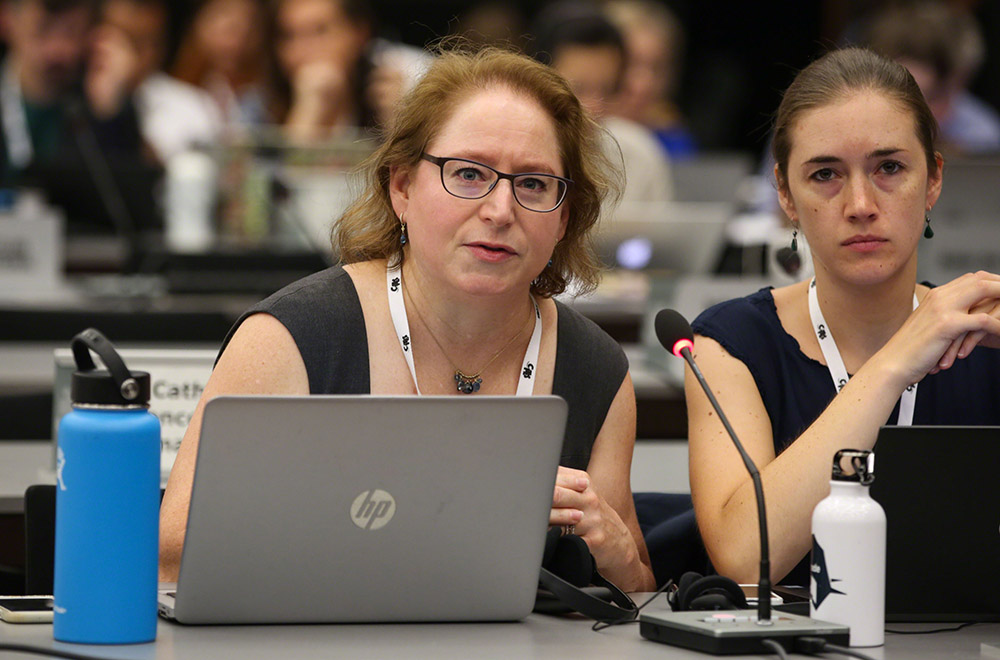
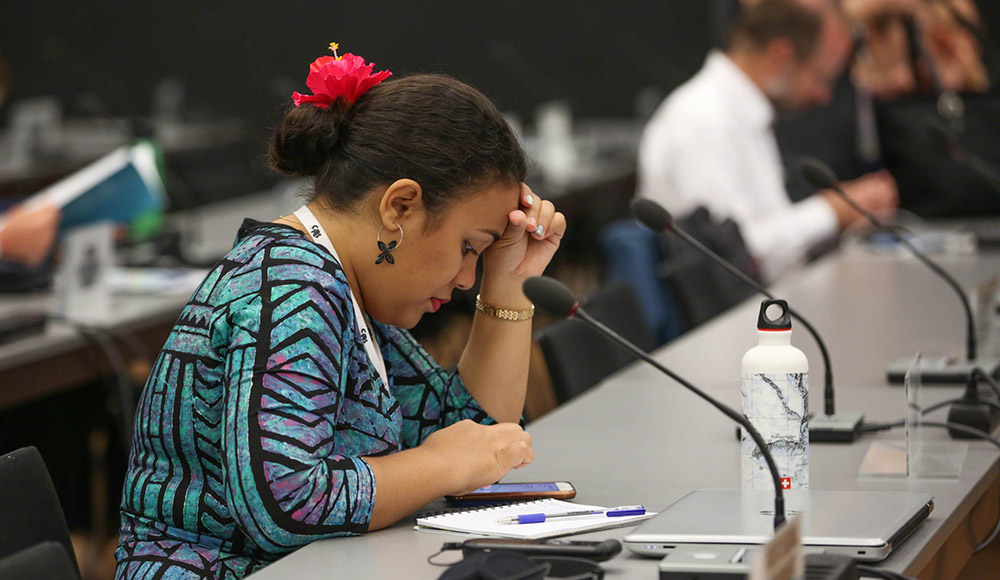
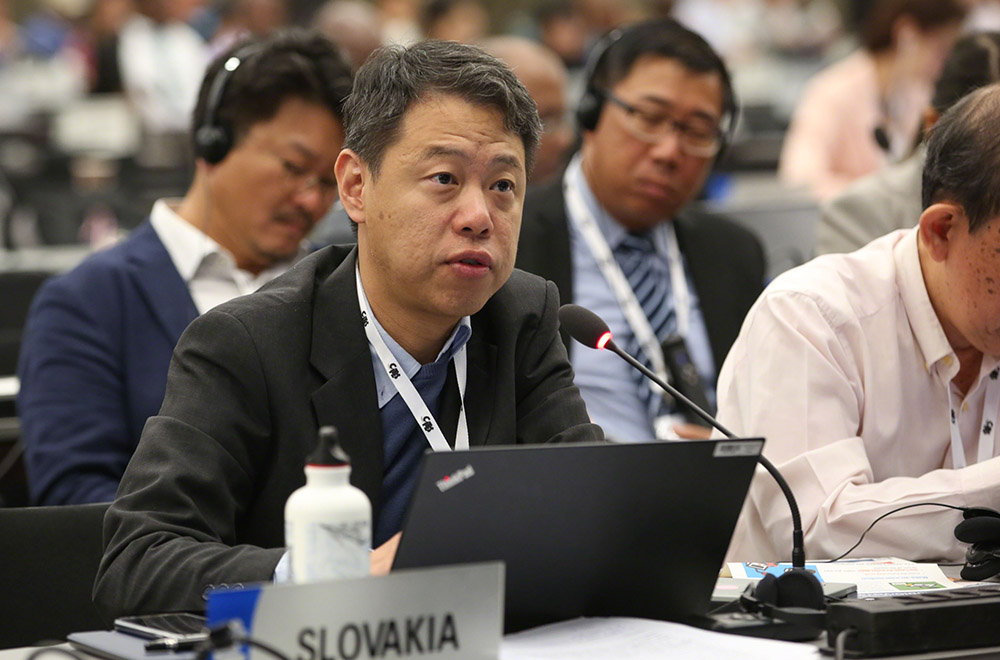
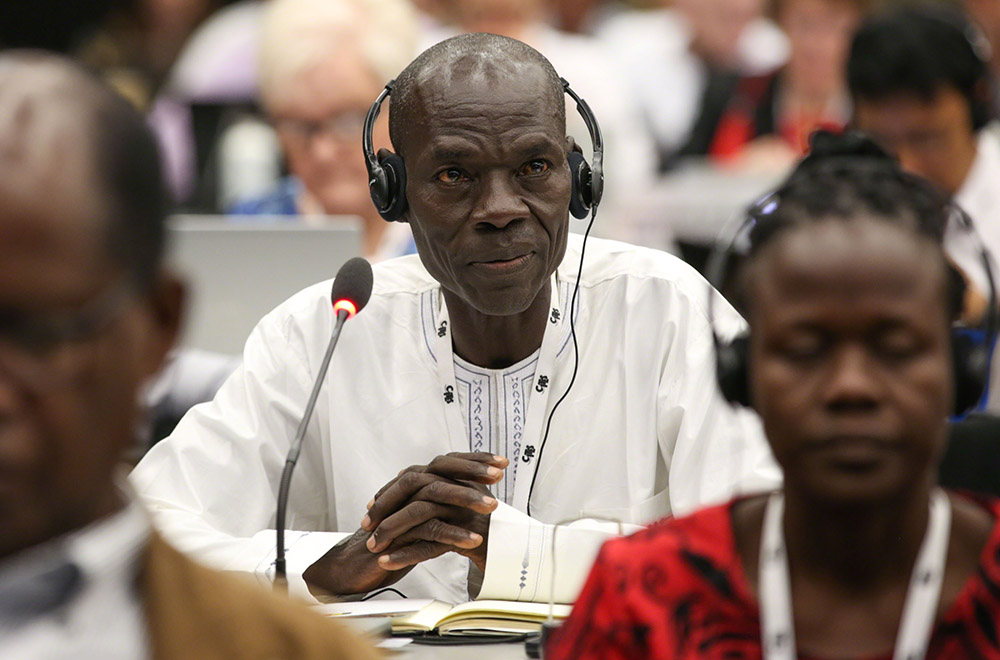
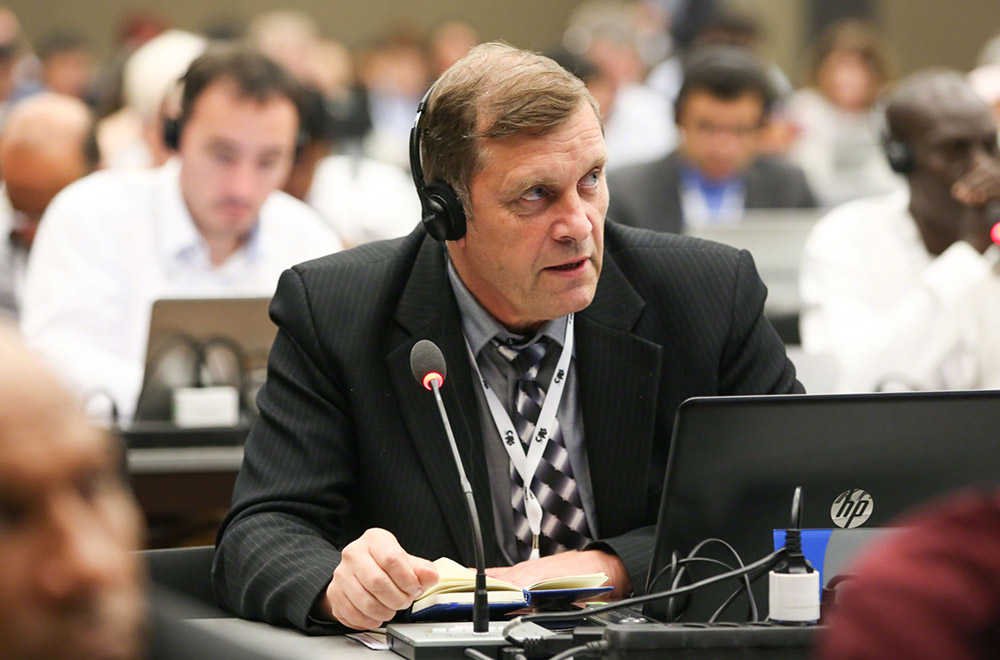
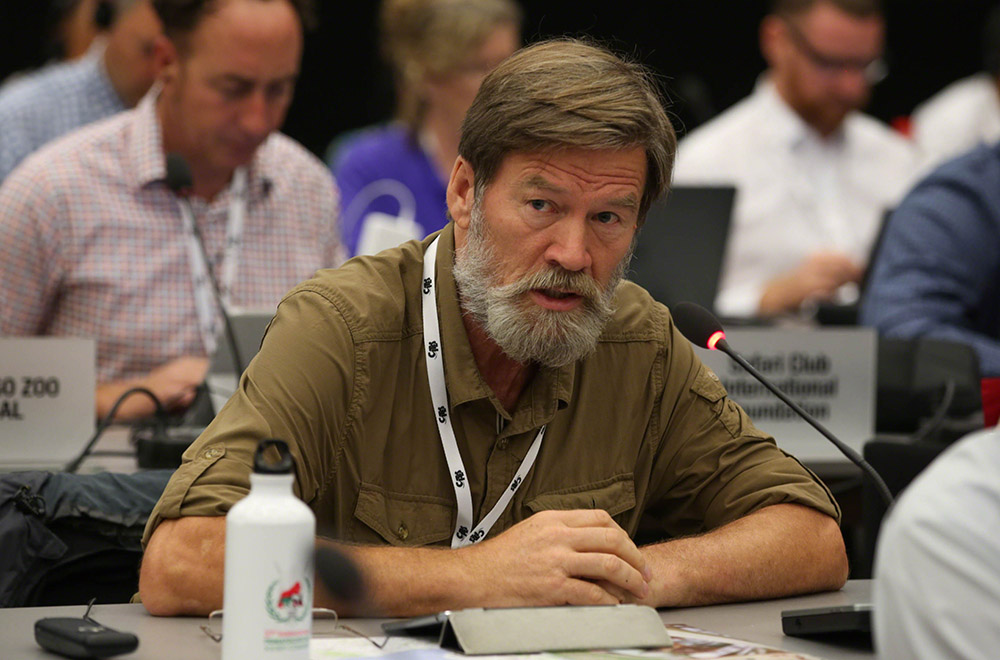
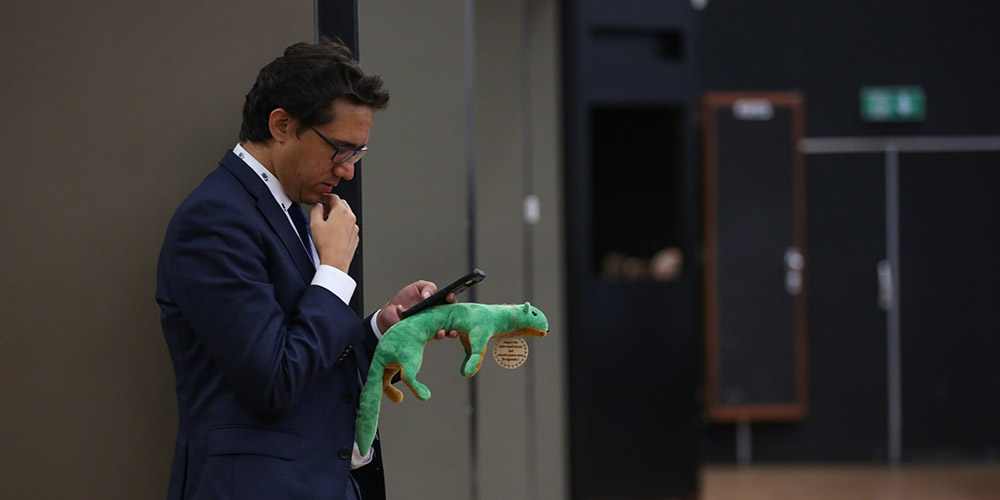
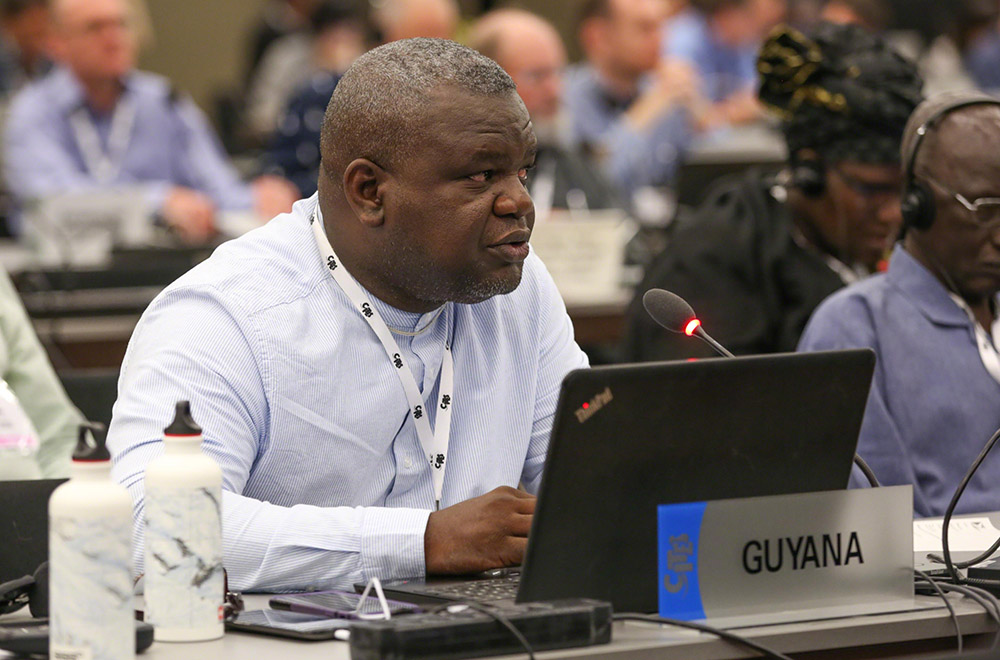
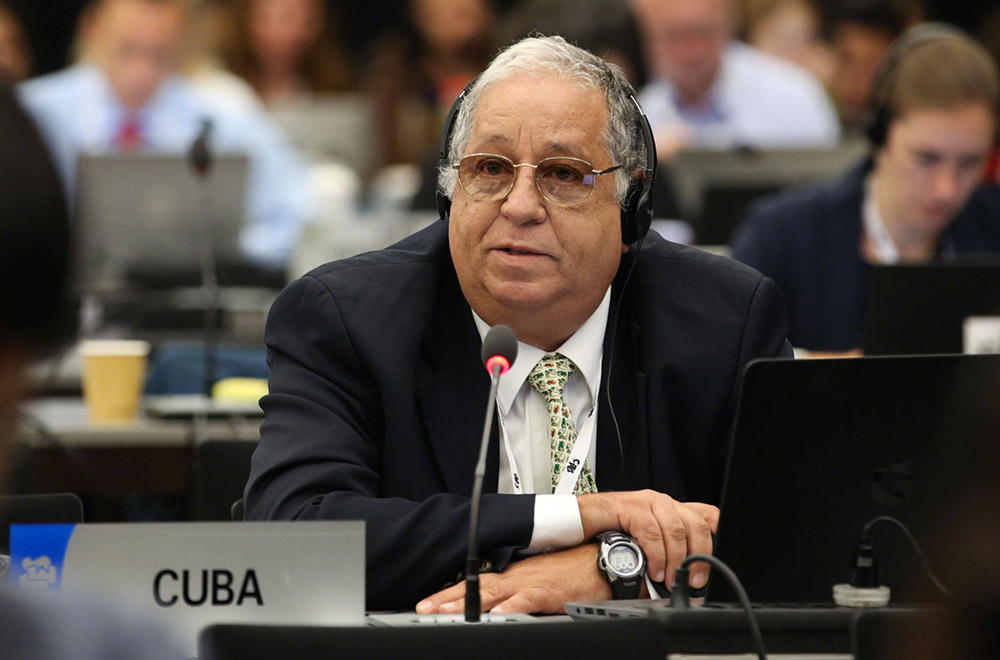

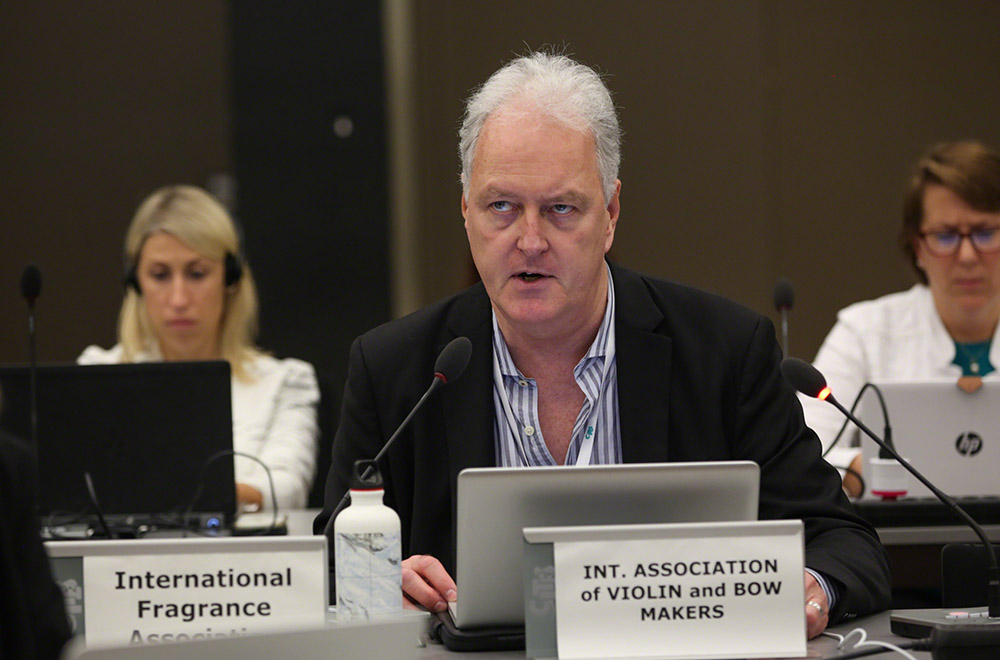
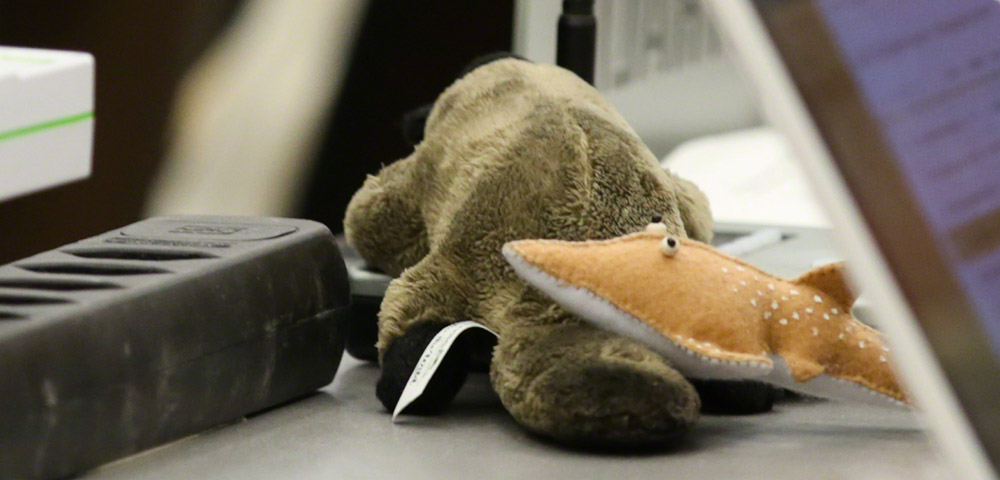
Committee II: Interpretation and Implementation Matters
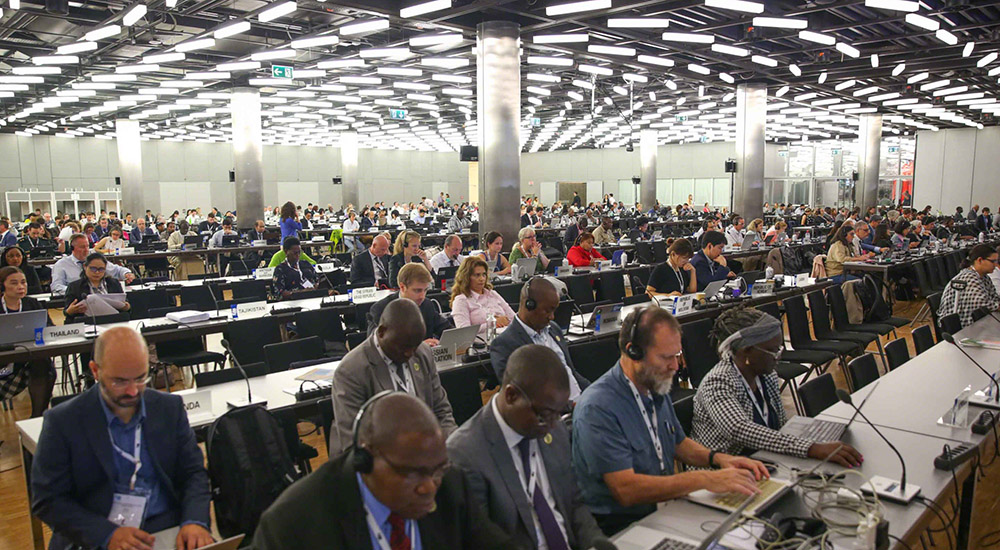
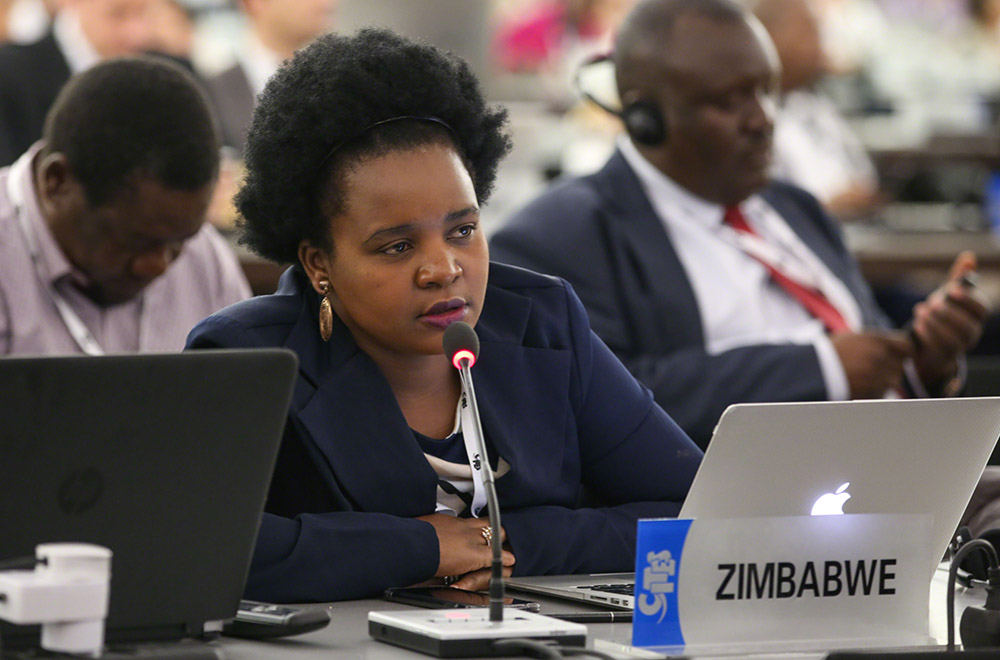
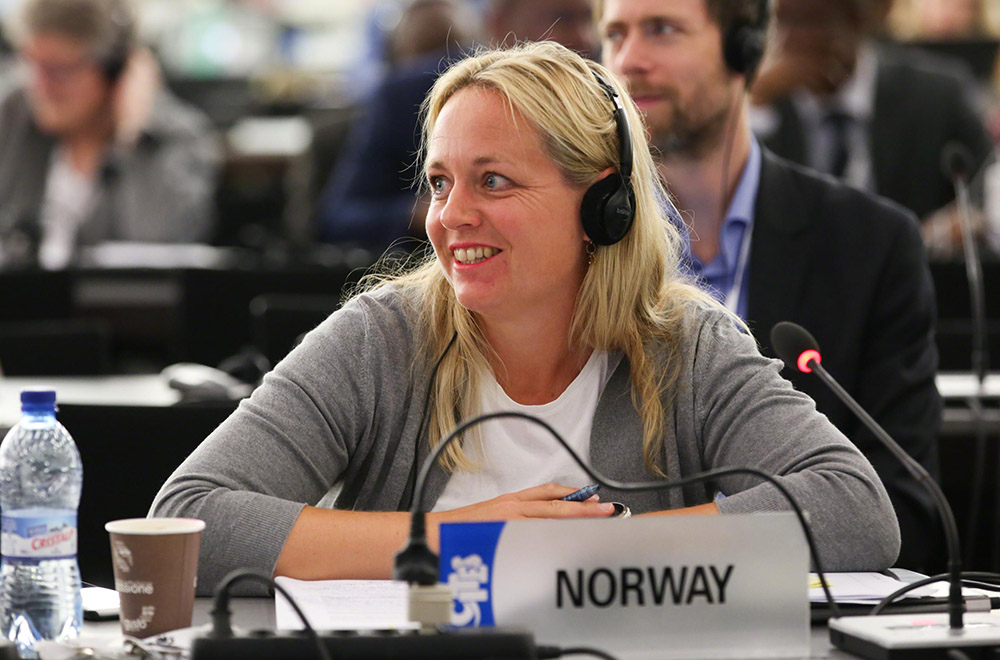
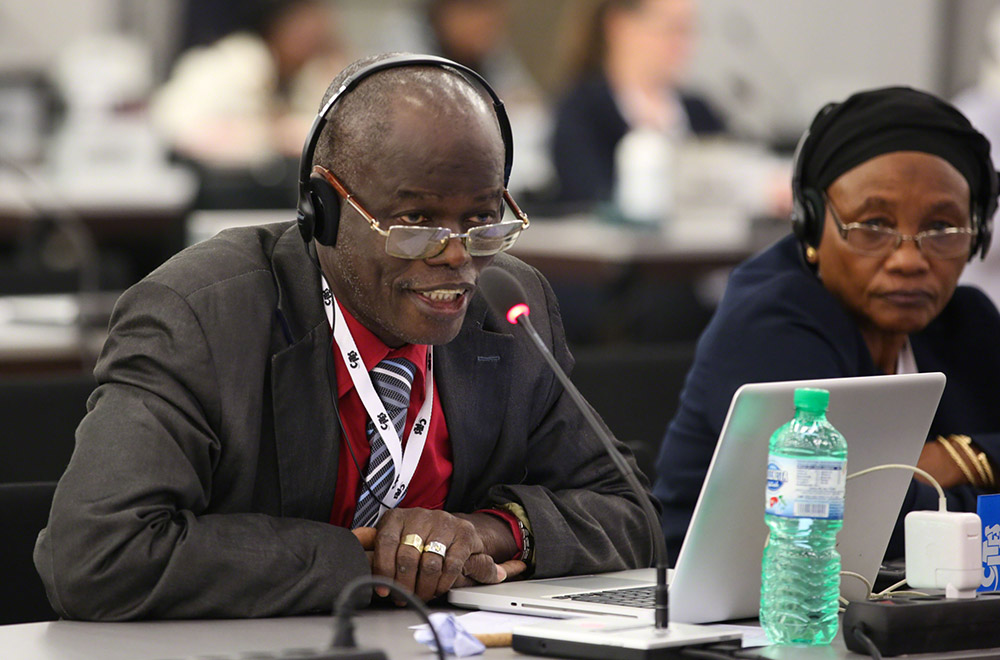

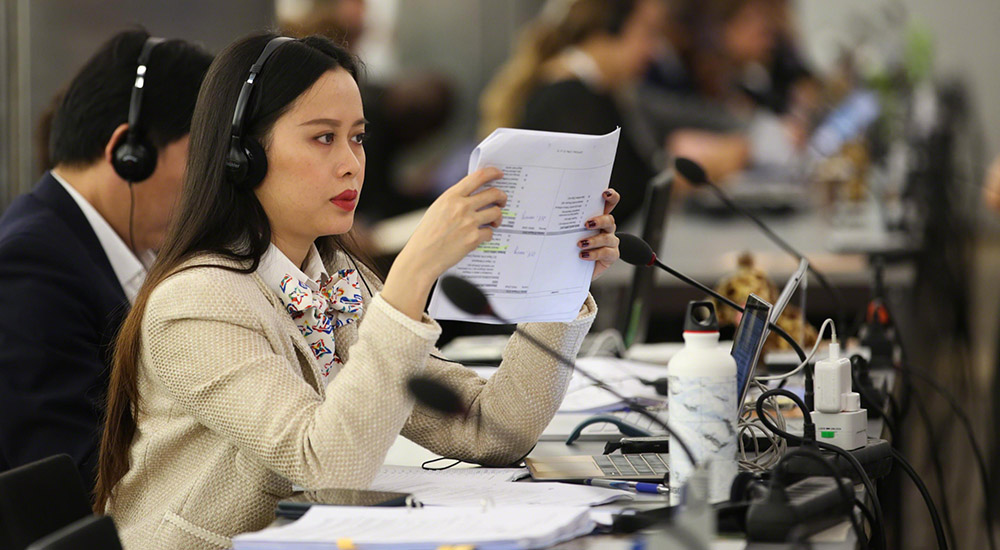
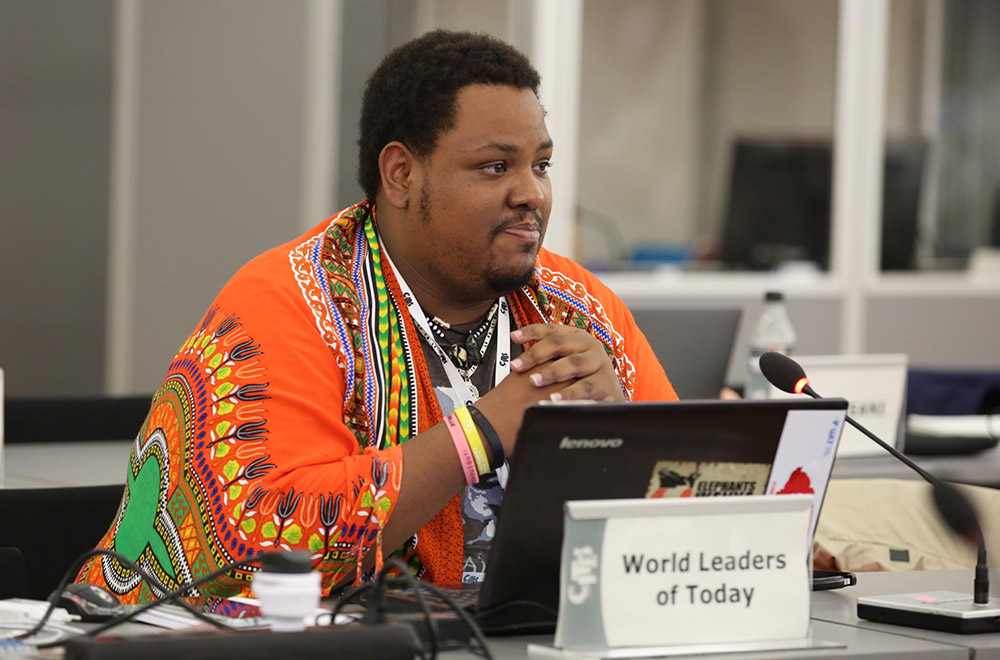
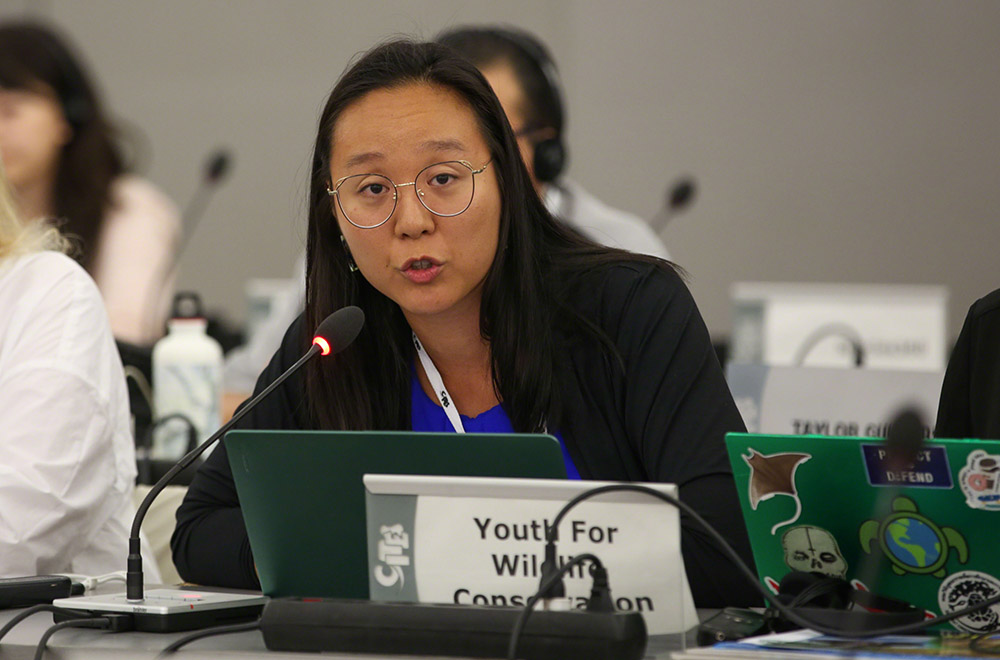
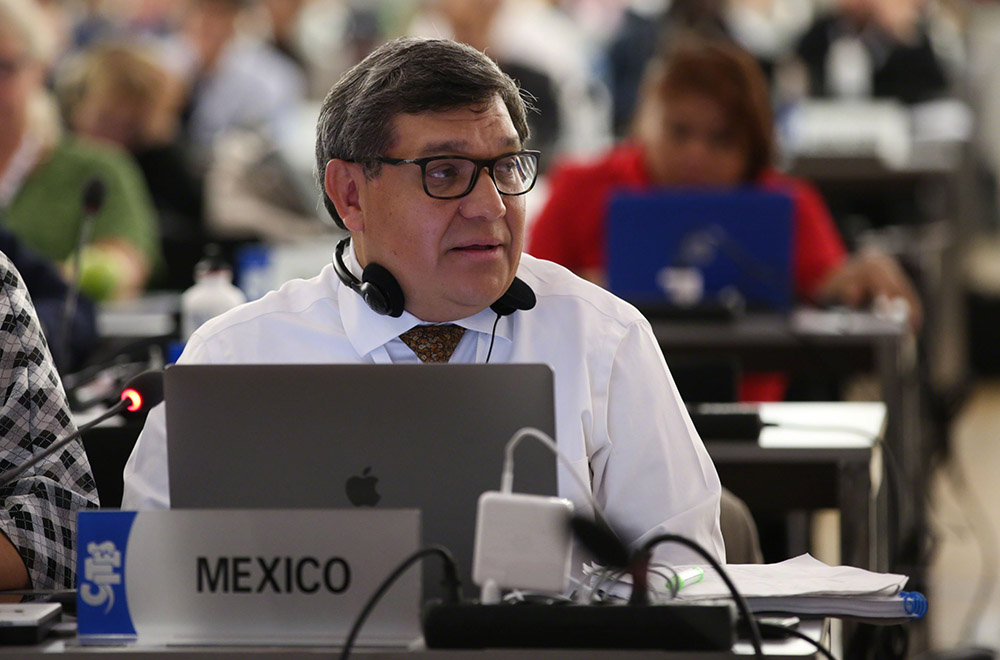
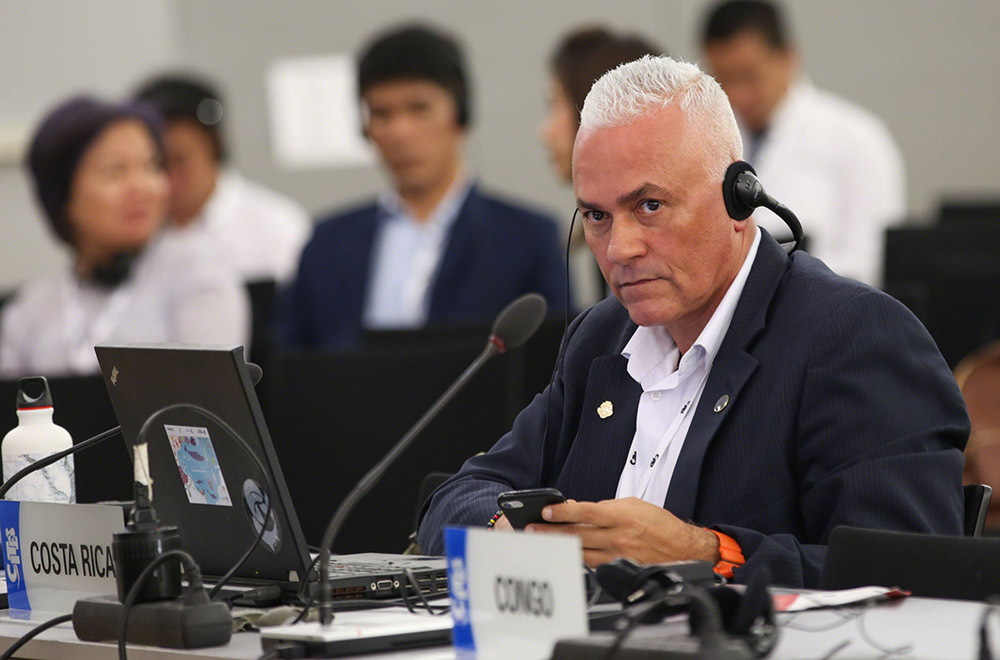


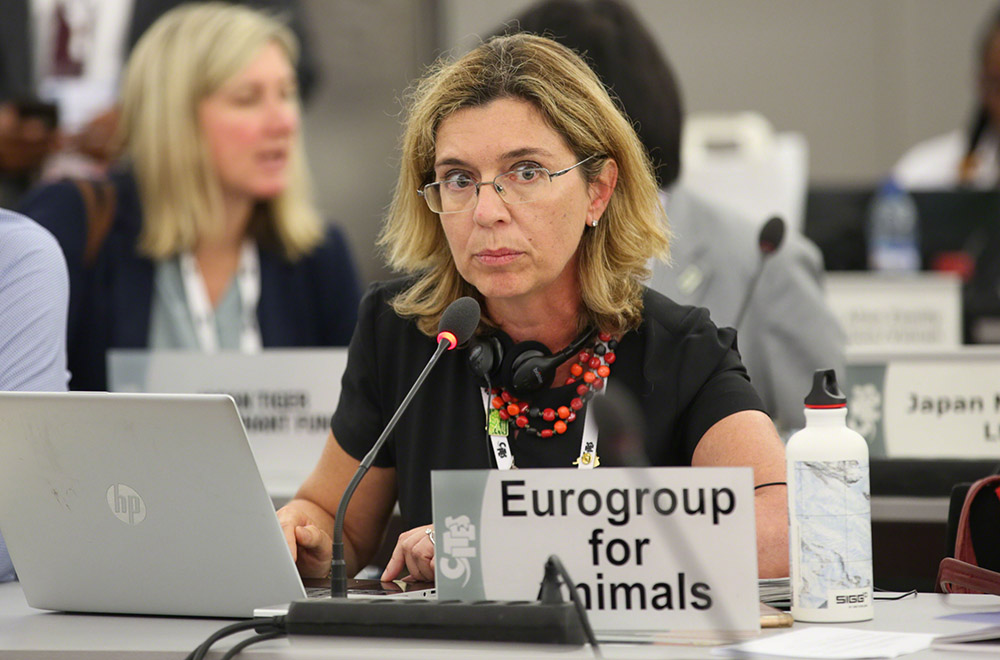
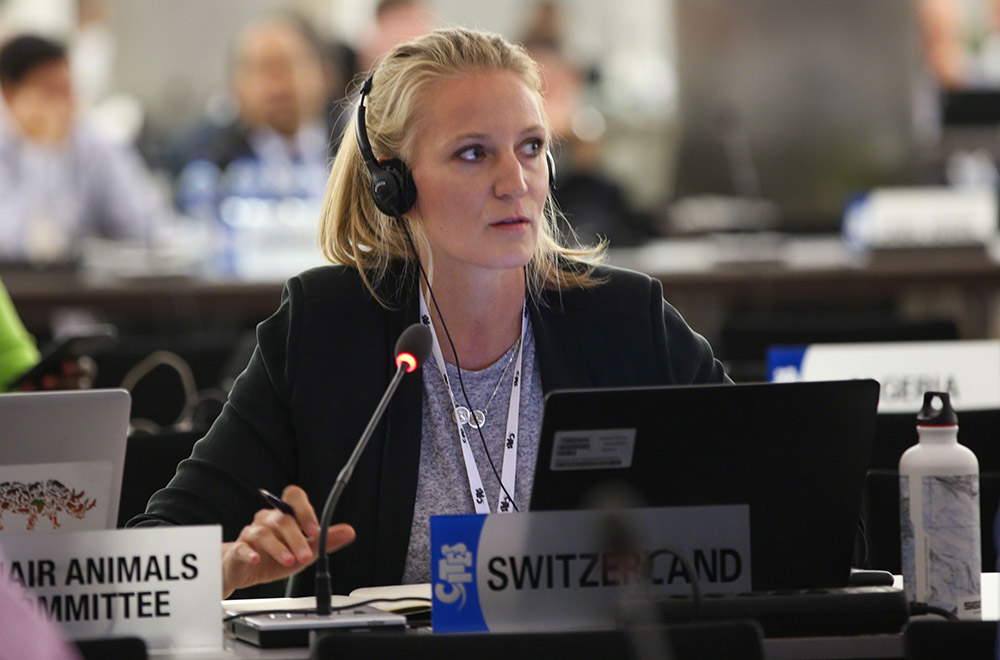
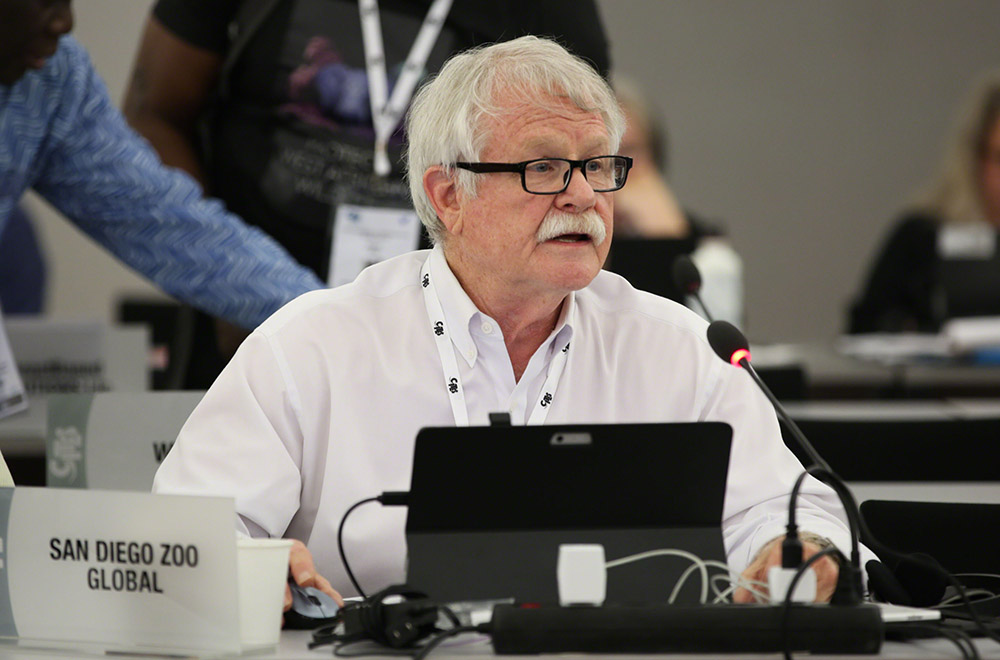
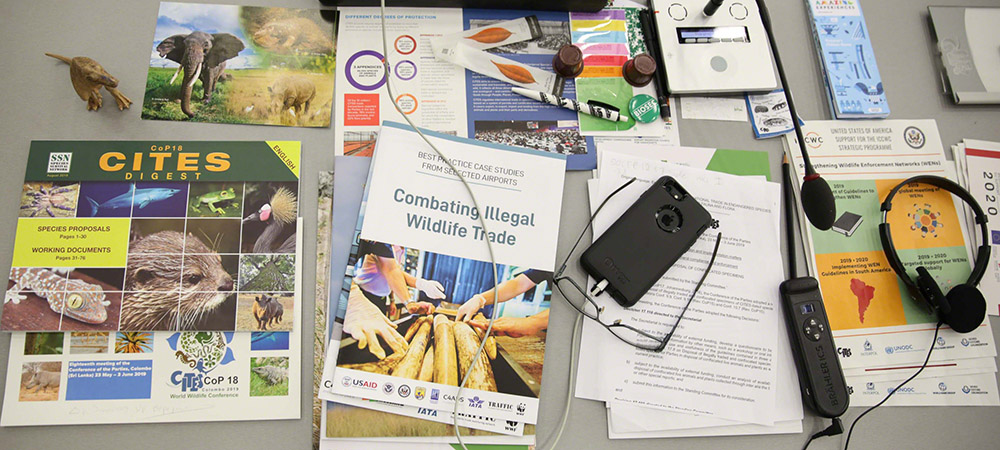
Wildlife Law Enforcement Awards
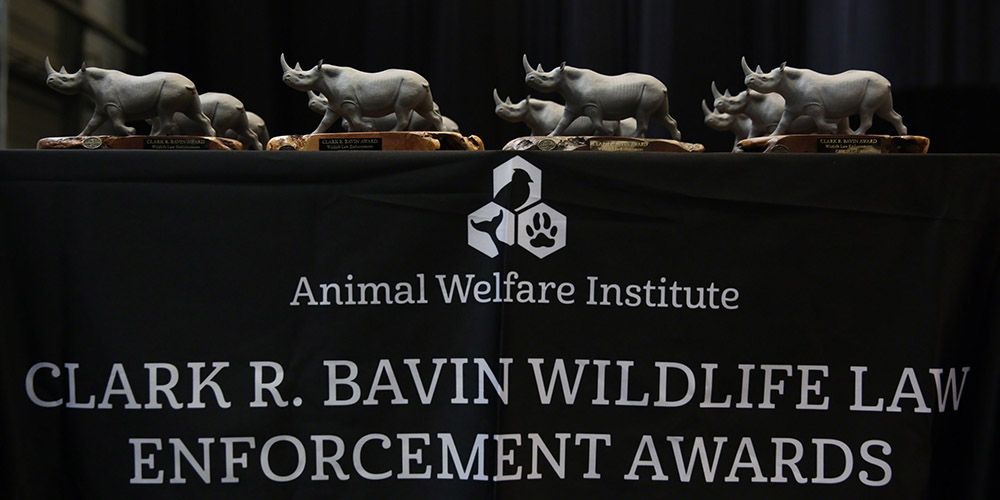
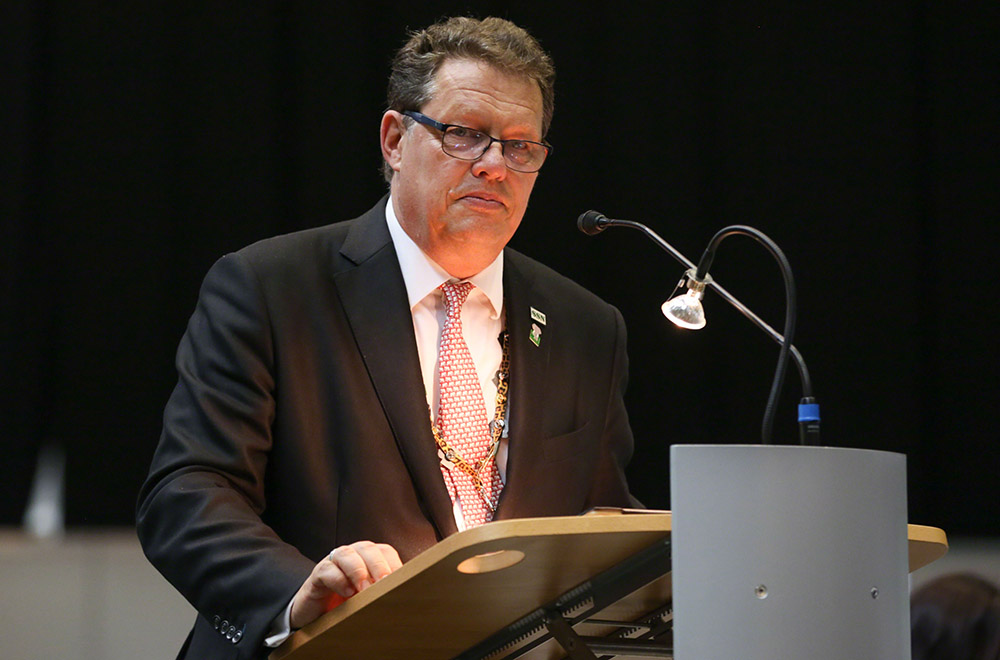

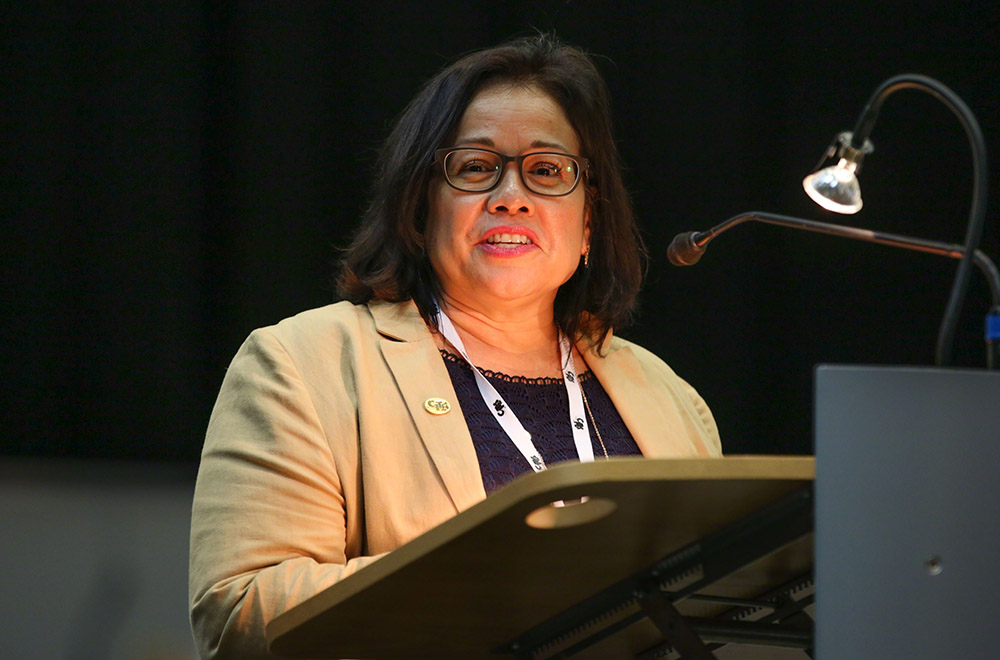
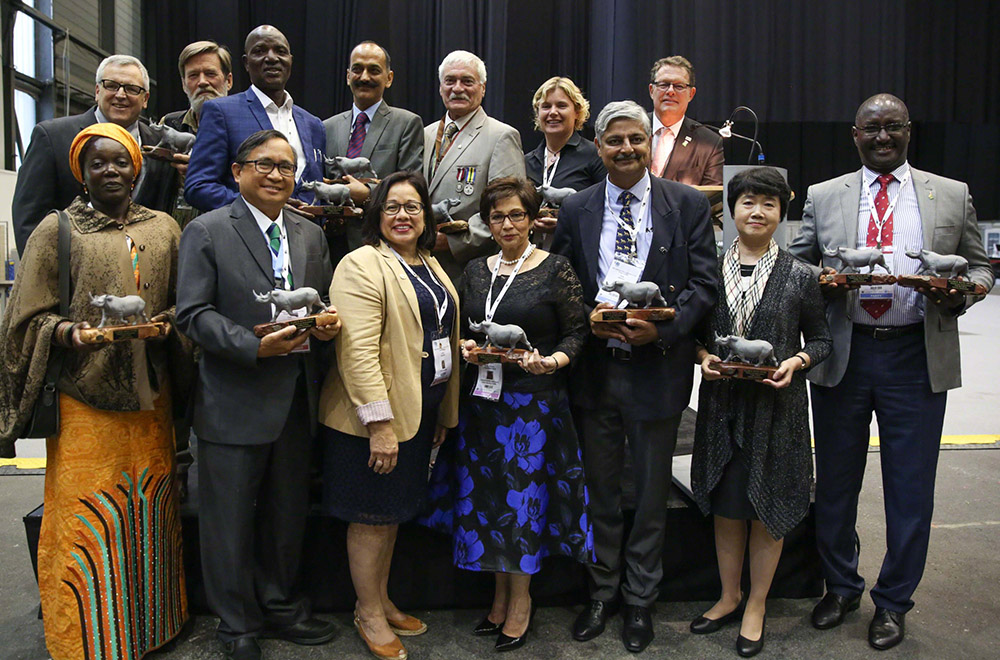

Around the Venue
